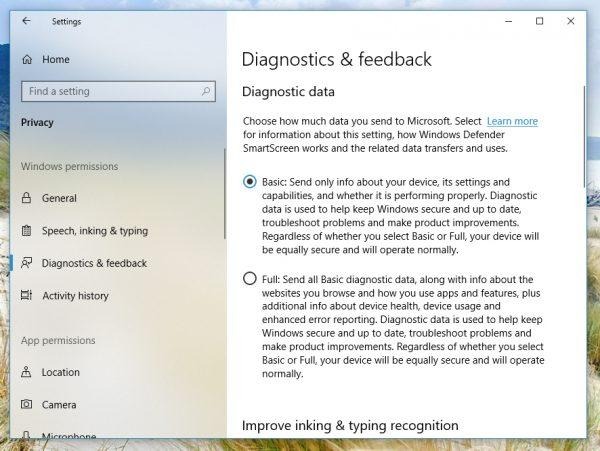Windows 10 Privacy Dashboard Confuses More Than It Informs
Almost all software these days, from small apps to hulking operating systems, scrap some pieces of data from users. Some simply take stats needed to improve the app or service. Others use that same excuse to gather even more information, personal or otherwise. To make sure users don't misinterpret their activities or sue them for such, companies like Google and Microsoft provide dashboards for users to see and control what data they collect from you. Unfortunately, Microsoft's version of that for Windows 10 isn't exactly doing what it says it's doing.
It started out rather nefariously with users fearing that Windows 10 was sending information to Microsoft behind their backs even when told not to. The OS has an "Activity history" feature that least you pick up where you left off by storing your browsing history or apps and services that you used. You can store that data locally on the device or give it to Microsoft. Why? So that your activity history can be saved and restored when you switch devices.
Unfortunately, turning that off still sent "activity history" to Microsoft. Users found that out by examining the Privacy dashboard associated with the Microsoft Account on that PC. Clicking that will launch a browser page that will show reveal the apps that you'vee used, even when you turned the setting off.
Fortunately, it isn't exactly sending that activity history. Unfortunately, it's sending a different kind of activity history. Windows 10 has a separate Diagnostics setting that, when selected to Full, will send browsing history and app usage to help Microsoft improve Windows and its services.

Confused yet? That's exactly the problem here. While Microsoft has provided a Privacy dashboard for transparency's sake, it hasn't exactly been clear on what data is sent from where. Even worse, having two different settings in two different places do the exact same thing and recorded in the same place only adds to the confusion and the suspicion that Microsoft isn't really taking privacy that seriously after all.
